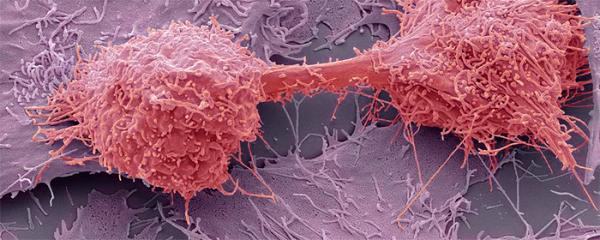How to prevent liver cancer after hepatitis C treatment

Liver cancer is one of the most common cancers in many parts of the world. Worldwide, the most common cause for liver cancer is chronic hepatitis C infection. People infected with the hepatitis virus have a high risk of developing chronic hepatitis, cirrhosis, and ultimately liver cancer. Some other causes for liver cancer include alcohol abuse, diabetes and obesity.
Types of liver cancer
There are two types of liver cancer: primary and secondary. Primary liver cancer is cancer that starts in the liver. Secondary liver cancer is cancer which is found in the liver but did not start there; instead it has spread (metastasized) from other parts of the body.
There are a few kinds of primary liver cancer. The most common form found in adults is hepatocellular cancer (HCC). This is the type some liver disease patients eventually develop. HCC can have different growth patterns; some begin as a single tumour that grows larger. Another type starts as many small cancer nodules throughout the liver, rather than just a single tumour. This occurs most often in cirrhosis patients.
Increased risk for hepatitis C patients
Previously mentioned, hepatitis C is a huge risk factor for HCC. Even people who have undergone successful treatment are at elevated risk of HCC, especially those who have suffered years of chronic liver damage.
The recent development of direct anti-viral agent (DAA) treatment has gained much success in helping to eliminating HCV viruses. However, researchers suggest that while DAAs can eliminate the virus, they may also have negative effects impact on your immune system, which allows allowing cancer cells to grow freely and aggressively. [1]
The longer a patient has been infected with HCV, the greater the risk of transformation of abnormal liver cells into cancerous cells. After all, DAAs can only eradicate HCV; they cannot help to recover the damage that has been done throughout the years. Therefore, post hepatitis C treatment care is crucial to restore normal liver function, ensure long term liver health and prevent advancement to HCC.
How can we prevent liver cancer?
To date, there is no way to completely prevent cancer. Unlike some diseases, there are no vaccines for liver cancer, but there are things you can do to lower your risk. Apart from the obvious tips like a healthy diet and limit alcohol usage, monitor and protection are also essential.
Despite clearing the virus, people who had been infected with HCV should have regular checks to monitor their liver’s condition. In addition, protective measures should be taken to reduce the risk of development of HCC. After successful hepatitis C treatment, the next step should be to enhance the liver’s self-recovery ability. By doing so, damaged liver cells can be repaired and healthy liver cells regenerated, this helps to regain healthy liver function.
- * All research and clinical data should be used as reference purposes only, results may vary.






